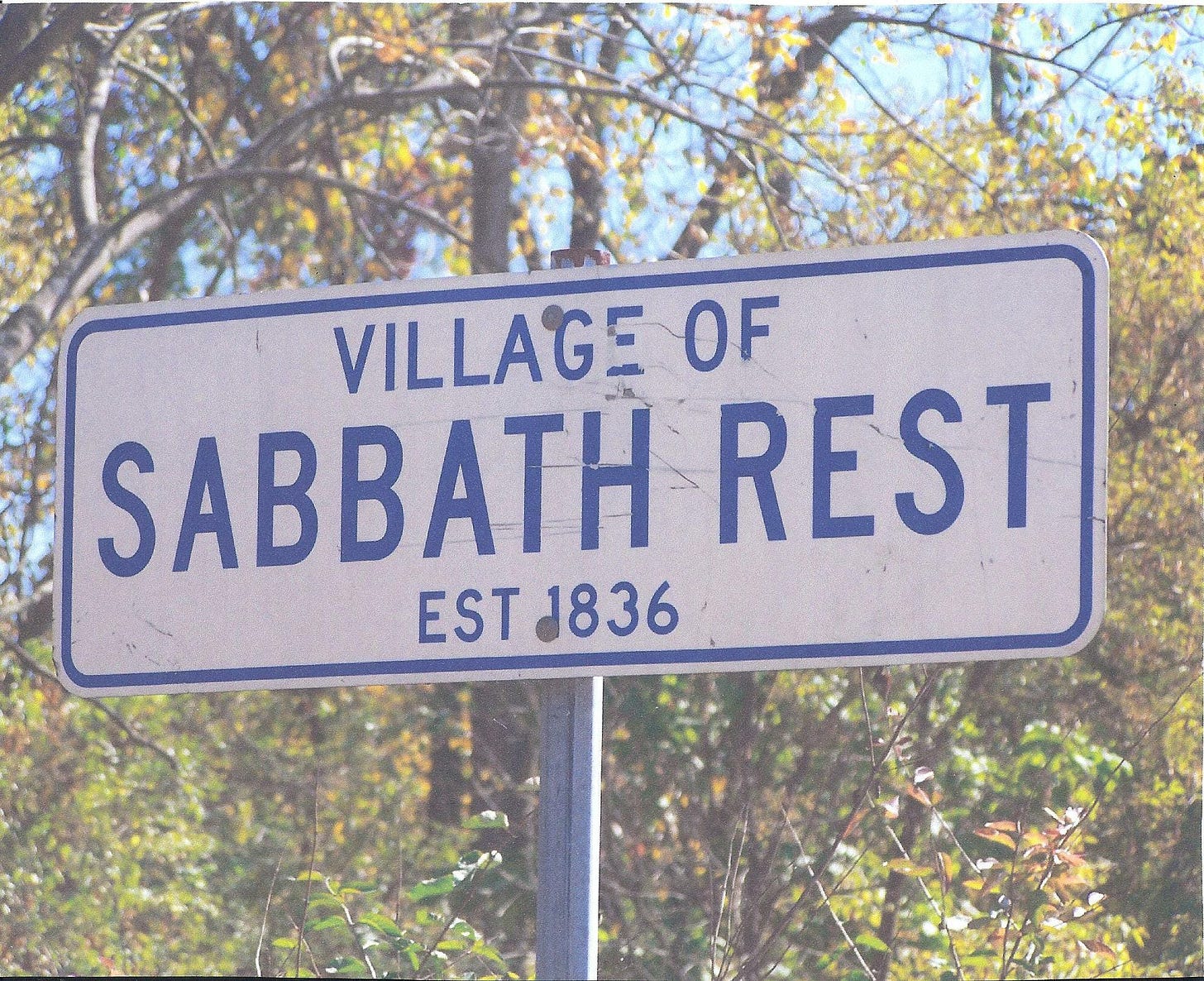A pastor keeps the Sabbath
Monday is my day off, my Sabbath. I’ve tried other days, but I keep coming back to Monday. Over the years taking Monday off has been both good and bad.
It’s been good because I’ve had running paths mostly to myself. (On Saturdays running paths can often seem like a Los Angeles expressway.) I remember taking some spectacularly beautiful long runs in Michigan and Illinois parks, always on Monday mornings.
No one else was around. I ran in the cold, snow, and rain. It didn’t matter. I ran into the wind and with the wind at my back. I watched the change of seasons. I felt God’s presence, even when I didn’t some Sundays in church.
But Monday as a day off has also been bad for the same reason. I have had few playmates over the years, no one to talk to about the colors of changing leaves, no one to complain to about irritating church members. And because it can be a lonely day, I tend to replay all of the events (and conversations) of Sunday over and over again.
Eugene Peterson, a Presbyterian pastor and writer, an influential person in my ministry, has written thoughtfully and well about the pastoral life. As he describes it, he and his wife would pack a picnic basket every Monday morning and head to the country for some hiking. When I read accounts like that, his and others, idyllic images come to mind. Those images are so good, so idyllic, that I figure I must not be doing it right — keeping the Sabbath, I mean.
Rather than stories of encouragement, those stories can sometimes be demotivating and depressing. I’ve never packed a picnic lunch on Monday and headed to the country.
Maybe I should have.
The Sabbath for me is a mixed blessing, such an opportunity for rest and recreation, yes, but also such an opportunity to see one’s life for what it is. There’s an old adage for pastors: “Never resign on a Monday.”
I think that when God commanded human beings to rest for one day out of every seven, he must have known that some of us would think too much, that we would use the day to brood, that without physical labor to do we would let our minds work overtime.
After more than 30 years as a pastor, you might think that I would have solved the Sabbath issue, that I would have figured out for myself what works and what doesn’t, that I would be so good at it, as a matter of fact, that I could mentor new pastors in it. The truth is — and please don’t think ill of me for admitting this — I struggle with it as much today as I did the day I started.
I think my best Sabbath days were the days I spent with my girls when they were much younger. I don’t remember that we ever did anything special, unless you count spending time together as special, which I do. We hung out together. We drove around, they in their car seats in the back and me in the front seat doing the driving. We talked, I told dad jokes, and we had fun. I think that if you asked them they would generally agree that those days were good — except maybe for my tired old jokes.
I have a picture of my older daughter and me sitting together in a chair at the end of a long Sabbath day. We’re both asleep, in identical poses, chins resting in our hands. What makes that such a wonderful memory — and maybe a lesson for future Sabbaths — is how I remember being lost, as the old hymn puts it, in wonder, love, and praise.
The way to enjoy the Sabbath, to get out of it what God intended for us to get out of it, is to let everything go, except for what is most precious, like the people closest to me.
When I learn to do that, I think I will finally have Sabbath rest.




